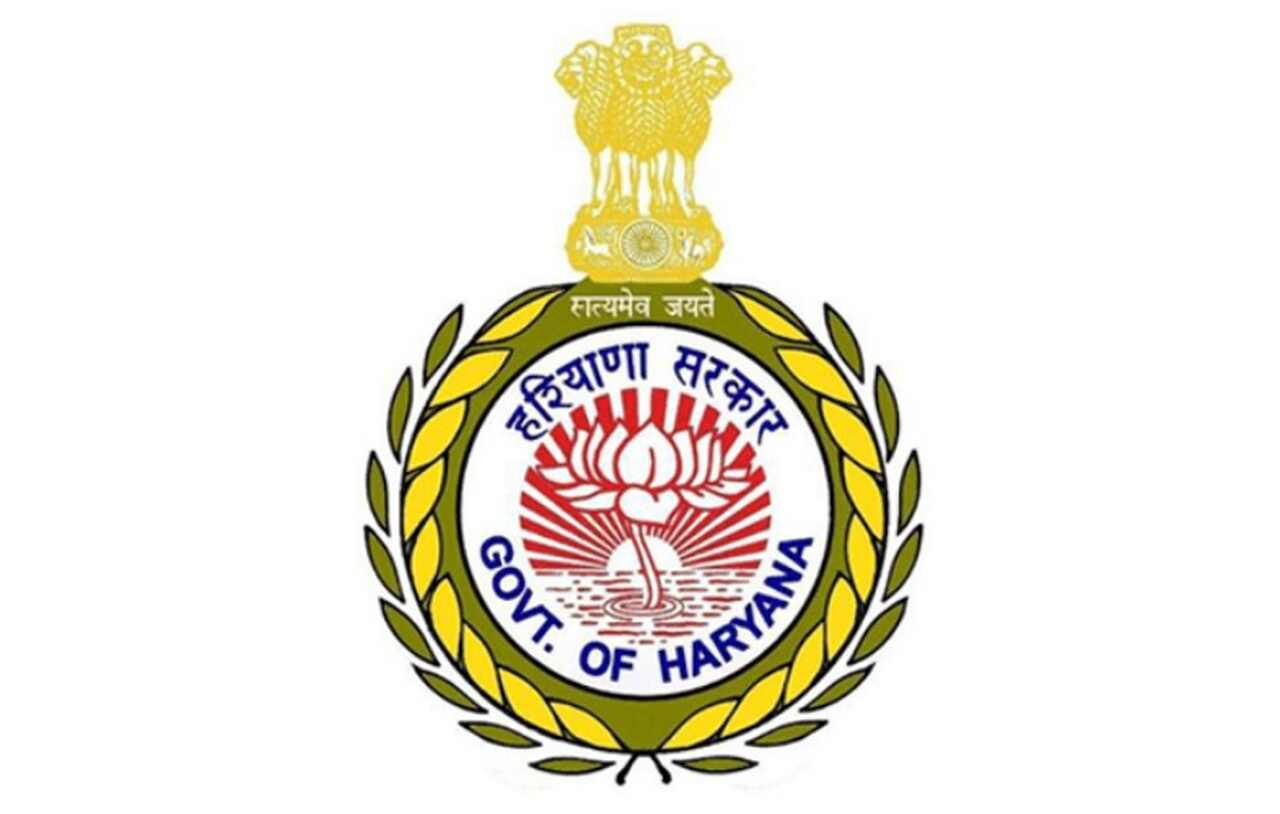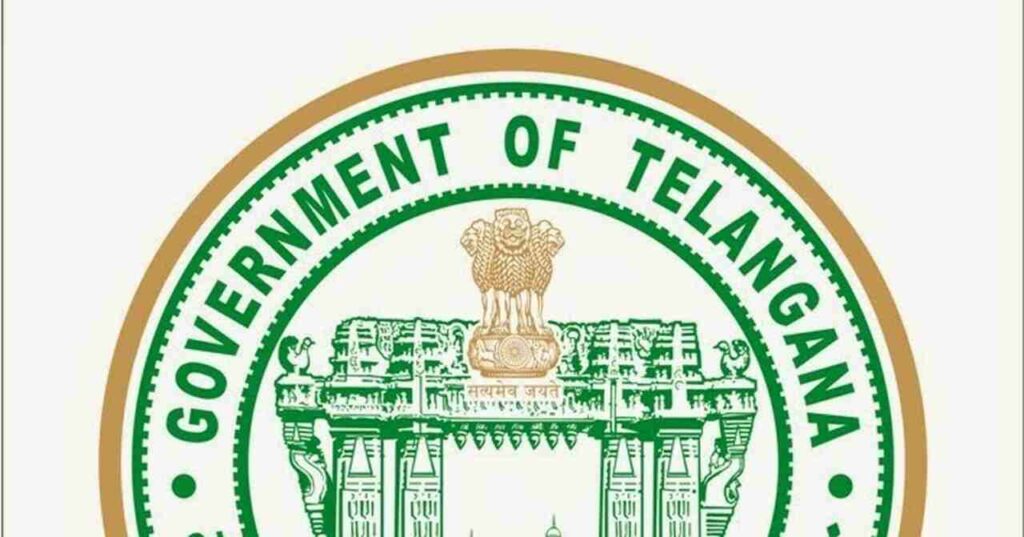The Punjab and Haryana High Court has recently instructed the Haryana government to revoke all security provided to any IAS officer involved in civil administration or quasi-judicial duties. These orders were issued by Justice Harkesh Manuja while addressing a criminal case where a witness had been granted police protection due to perceived threats. The court noted that the case had been pending for six years with only one witness examined.
The court also directed Haryana’s DGP, Mr. Shatrujeet Singh Kapoor (1990-batch), to submit an affidavit confirming whether any IPS officer is assigned civil administration roles within boards or corporations. Additionally, the court ordered the inclusion of the “yellow book,” which details security protocols and the responsibilities of state police and security agencies, in the court record for future reference.
What did DGP Shatrujeet Singh Kapoor Say?
During the hearing on October 4th, Mr. Kapoor participated via video link, stating that Haryana, being relatively peaceful, has not provided security to IAS officers engaged in civil administrative work except in extraordinary circumstances related to law and order. In light of this, the HC requested DGP Kapoor to file an affidavit to confirm that any existing security for IAS officers involved in civil administration or quasi-judicial roles should be revoked immediately. The case is adjourned until October 28th for further proceedings.
Earlier in May, the High Court had asked both Haryana and UT Chandigarh to present their policies or guidelines regarding security provision based on threat perception. The court emphasized that if security is granted due to an individual’s political affiliations, religious ties, or connections to the entertainment industry, the state should seek reimbursement for these security expenses. Furthermore, the court clarified that if the state extends security to individuals outside the traditionally recognized threatened categories, clear eligibility criteria must be established.







